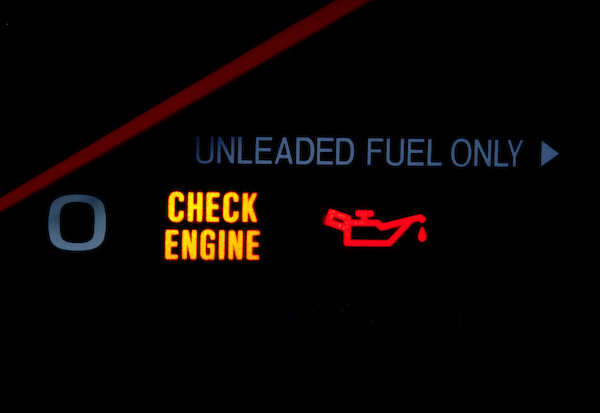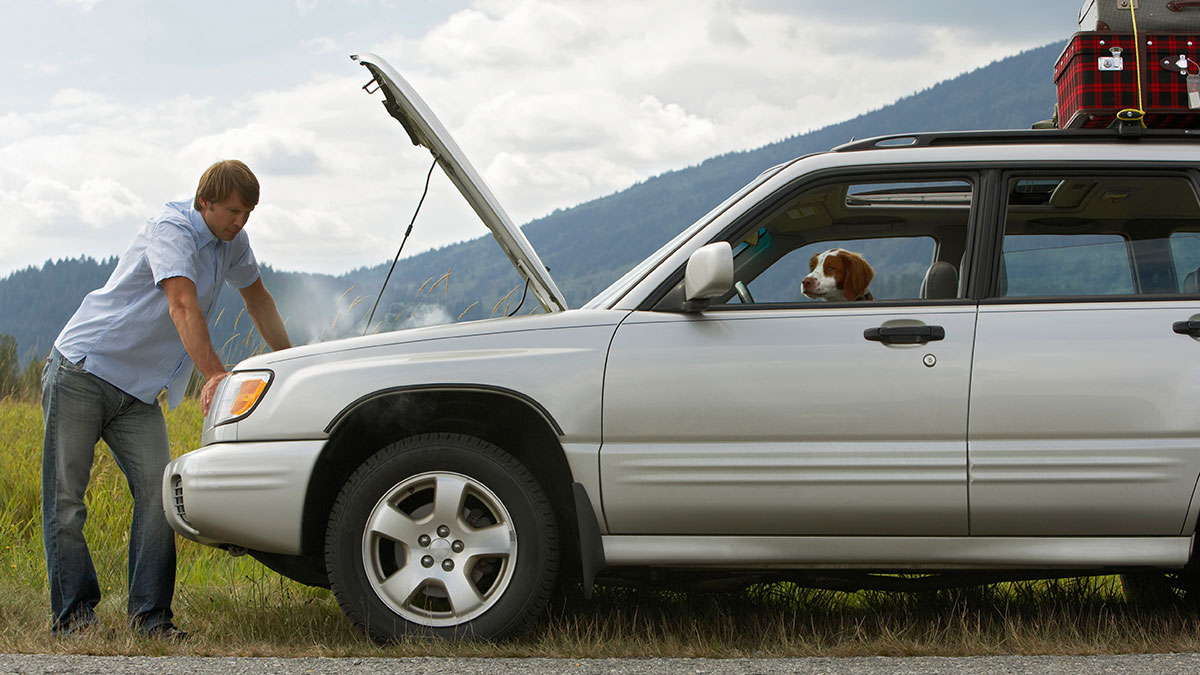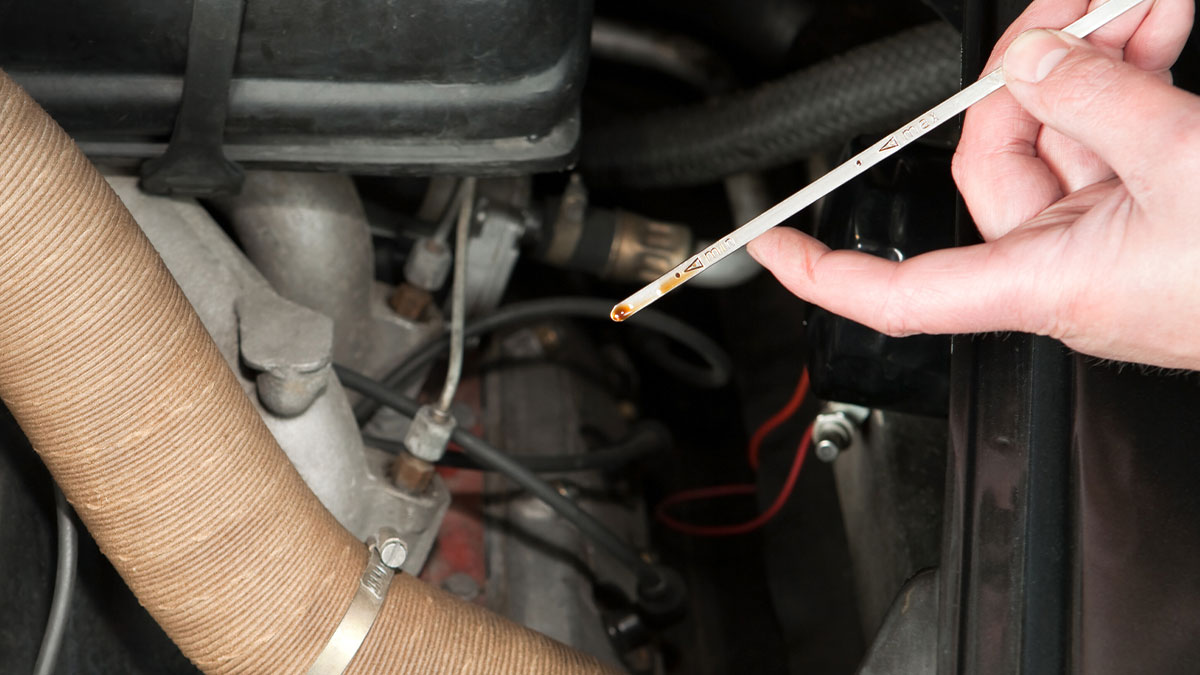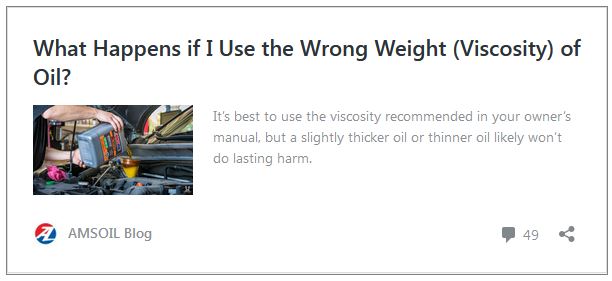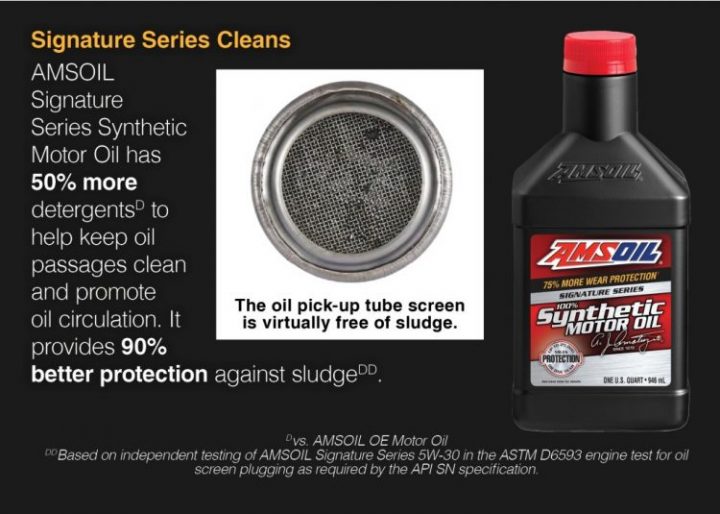Low Oil Pressure Symptoms and Causes
Most motorists are aware of the important role motor oil plays in keeping their vehicles running smoothly and efficiently, but in order for it to do its job, proper oil pressure must be maintained. If it’s too low, it can affect your vehicle’s performance and lead to engine damage. Get a quality oil pressure gauge installed if it’s a older car with a lot of miles.
Low oil pressure symptoms
How do you know if your vehicle’s oil pressure is low? Look for any of these warning signs.
1) Oil warning light/oil-pressure gauge
When the vehicle’s oil pressure drops to a certain level, a light on the dashboard illuminates to warn the driver of a problem.
2) Engine noise
Too little oil in the crankcase may fail to provide adequate lubrication to all critical components, leading to clunking, grinding, knocking, ticking or whining sounds.
3) Burning-oil smell
This usually indicates oil is leaking and dripping onto hot metal surfaces. (If you’re driving a Corvair as I do that’s normal)
4) Decreased engine performance
Low oil pressure decreases the oil’s ability to reduce friction and provide proper lubrication, causing the engine to work harder and resulting in premature wear and failure.
5) Engine overheating
The oil’s decreased ability to reduce friction also leads to increased heat, which can lead to overheating. Engine overheating may also indicate a head gasket leaking oil into the coolant, reducing its ability to transfer heat through the cooling system.
Causes and solutions
A number of factors can cause low oil pressure.
Low oil level
Low oil level is the most common cause of low pressure; it’s also the easiest to fix. Oil changes are important, and between oil changes, it’s equally important to regularly check your motor oil level and top it off as necessary. It’s especially important to be vigilant with older, higher-mileage vehicles, which tend to be prone to leaks.
Wrong oil viscosity
Vehicle manufacturers recommend specific motor oil viscosities in the owner’s manual, and it’s best to stick with this recommendation. Using a lower viscosity than recommended produces less resistance to flow, and the vehicle’s pressure sensor could interpret it as low oil pressure. On the other hand, using a higher viscosity than recommended produces more resistance to flow, which could result in low oil pressure and inadequate engine lubrication. Fuel dilution can also cause issues.
Dirt, debris or sludge in the pickup pipe
Another possible cause is the accumulation of dirt, debris or sludge in the pickup pipe from the oil pan to the oil pump. If it prevents enough oil from going up the pipe, it can cause low pressure. AMSOIL Signature Series Synthetic Motor Oil does a great job fighting sludge to keep the oil pickup tube screen clean and the oil flowing properly.
Damaged oil pump – Oh man!!!
Oil-pump failure can result from incorrect installation, oil contamination, poor oil maintenance or running the engine with an inadequate oil level. Oil pumps can also wear out with time and usage. If a problem with the oil pump is discovered, it’s important to replace it otherwise extreme wear will result.
Internal oil leak – never seen that though..
Leaking in the vehicle’s oil passages can also lead to low pressure. Internal oil leaks can be caused by a myriad of factors, including worn piston rings and valve seals or PCV valve failure. While external oil leaks can be relatively easy to fix, internal oil leaks often require the assistance of a professional mechanic.
Engine wear
Friction and heat subject engine components to wear. When camshaft and crankshaft bearings wear down with time and use, the “holes” through which they insert can grow wider, allowing the oil to flow easier and lowering its pressure.
Oil-pressure gauge problem
The gauge itself can also be the source of the problem by providing a false reading. Like any other engine part, the gauge can eventually fail and need to be replaced.
An oil filter obstruction or blockage can also cause oil pressure to suffer. Oil filters include pressure relief valves. If this valve is damaged, oil will easily pass right through, reducing pressure. It may go without saying, but it is important to also change the oil filter with each oil change.
These issues should be addressed sooner rather than later. If ignored for too long, they can lead to serious and expensive engine problems.


